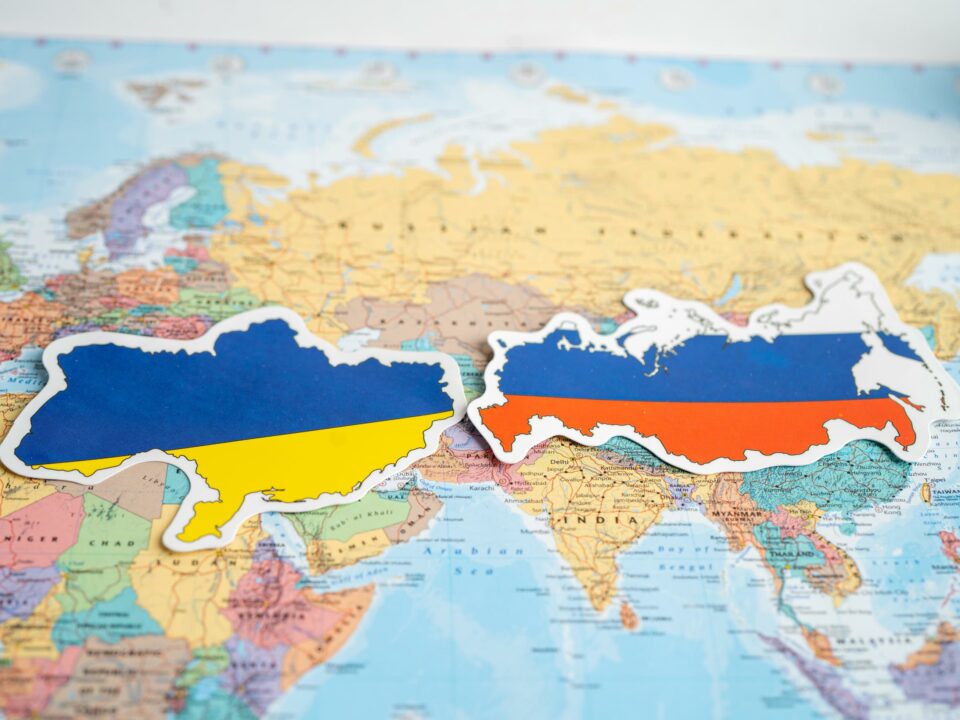
Minimum Entry Requirements
November 8, 2017
Government Policy Paper on Benefit and Pension Rates: Will We See Any Improvement in the Workplace?
December 6, 2017The sovereign debt market can be an unforgiving environment. A noticeable practice is ‘distressed sovereign debt acquisition’ where debt-burdened nations fall to the mercy of the international bond market. The relationship between law and fairness in this area of international finance is increasingly under the spotlight in terms of improvements needed in legal clarity and regulation.
In October 2012, the Argentine naval vessel ARA Libertad was detained while docked in Ghana with a warrant issued by a local court following a repossession claim by the subsidiary of an American investment fund. The warrant authorising this seizure concerned US and UK court judgements which awarded Elliot Management Corporation, the parent company, $1.6 billion in Argentine assets. This was referenced against Argentina’s 2001 default on $82 billion of debt, the biggest in history at that time. Prior to 2012 Elliot had originally bought $630 million of that Argentinian debt. Litigation went on for years as Elliot sought repayment (Republic of Argentina v. NML Capital, Ltd) and in 2012, as a staunch signal demonstrating that Elliot was serious about being repaid, the company detained the vessel essentially as a right in security.

As for the ARA Libertad’s captain and remaining crew, after 77 days of impoundment, the ship was released in accordance with the United Nations Convention on the Law of the Sea. The crew were given a warm homecoming in the port of Mar Del Plata, Argentina. Elliot Management had demanded $20 million from the Argentine government in return for the vessel which they did not obtain. Nonetheless, Elliot had still been awarded the $1.6 billion regarding the 2001 default that prompted the seizure in the first place. This included the right to the bond interest accrued on top of the $630 million.
However, it is not the ship’s legal dispute that is of primary concern. The issue in this case is the targeting of Argentina’s sovereign assets, as a corporate attack.
This involves the tradeable asset of a debt’s guarantee. Just as any bank, wealth or investment fund would deal with other businesses, Elliot Management, as a well-known vulture fund, deals with distressed debt owed by sovereign states; either debts that are junk (below credit rating agency standards) or close to default (failing the obligation of repayment). The company or any other interested entity would buy a certain amount of the sovereign debt at a very low price but at high risk of non-repayment. They will then attempt to enforce full repayment through litigation.
Since the 1980’s vulture funds have emerged to profit from sovereign state debt. Claims are frequently enforced through courts in New York – the jurisdiction under which many of the contracts are written.
Previous cases also demonstrate that pursuing payment of the bond’s principal and interest can be relentless given their potentially lucrative return. A notable example is the British Virgin Isles based fund Donegal International. In 1999 Donegal purchased Zambian sovereign debt for $3 million and then attempted to enforce a claim 8 years later for $55 million. This was raised to the UK High Court and fortunately for Zambia, it was reduced to $15 million due not to being unenforceable in law but to procedural deficiencies. The law still allows for extreme claims to be pursued.
The International Monetary Fund has reported that the sizes of these claims are damaging to the financial integrity of developing nations, especially in Sub-Saharan Africa. With debts usually originating from the 1960s many continue to remain as ‘heavily indebted poor counties’ (HIPCs).
Elliot Management generates a considerable proportion of their portfolio from these transactions. Aside from Argentina, the Republic of Congo and Peru (Elliot Associates L.P. v Republic of Peru), have also been in the crosshairs of this strategy – two nations lacking in economic prosperity or global clout. Just as a vulture preys on the dead – Elliot Management has been accused of being a vulture fund – an investment fund preying on the distressed debt of vulnerable states.
The United States continues to remain a launchpad for vulture fund activity.
Increasingly, however, vulture funds are now encountering operational obstacles. Recent legislation as well as outcry from activist groups and various figures have led the charge. The United Nations General Assembly vote in September 2014 proposing that vulture fund activities be restricted is certainly a prominent milestone. The motion aims to completely block vulture fund involvement in future debt restructurings of sovereign states and offers better debt protection initiatives. 136 state-parties supported the scheme with 6 voting against and 41 abstaining.
The UK introduction of The Debt Relief (Developing Countries) Act 2010 prohibits London, as a leading provider of global finance, from approving court access for claims regarding sovereign state debt.
On the other hand, the United States continues to remain a launchpad for vulture fund activity. The Stop Very Unscrupulous Loan Transfers from Underprivileged Countries to Rich, Exploitive Funds bill was introduced in the US on the 1st August 2008, but has yet to be adopted. As a consequence, many existing vulture fund claims are still being pursued.
In defence of this investment strategy is the philosophy of ‘playing by the rules which are set by the market.’ Paul Singer, CEO of Elliot Management, is said to be ‘focused on the rule of law’ when seeking repayment. His view is that the law must be followed otherwise a precarious precedent could be set. Furthermore, Elliot’s scrupulous pursuance of debts have often uncovered corruption and money laundering schemes connecting to that particular nation’s government – the Republic of Congo and Argentina being under suspicion.
Unless there is an internationally recognised multilateral legal framework for sovereign debt restructurings, good faith negotiations will be the only card that can be played in future cases. The best point of relief is effectively the Paris Club. This organisation of creditors and multilateral institutions coordinate the provision of needs-based financial relief to restore countries to sustainable levels of external indebtedness. Debt relief is conditional on policy performance usually in conjunction with an economic program agreed with the International Monetary Fund. Settling with the club, economists claim, is one way in which Argentina is making progress in regaining access to sovereign debt markets.
For heavily indebted nations, especially Argentina, time will tell as to the effectiveness of debt protection and restructuring and this impacts the confidence of investors and credit rating agencies. Buenos Aires will continue to be at the forefront of accusations of unfulfilled debt commitments and it should serve as a warning to others in demonstrating the harsh repercussions of irresponsible borrowing.
For the time being, whilst sovereign debt continues to exist in the world, the vultures will continue to stalk the vulnerable.





